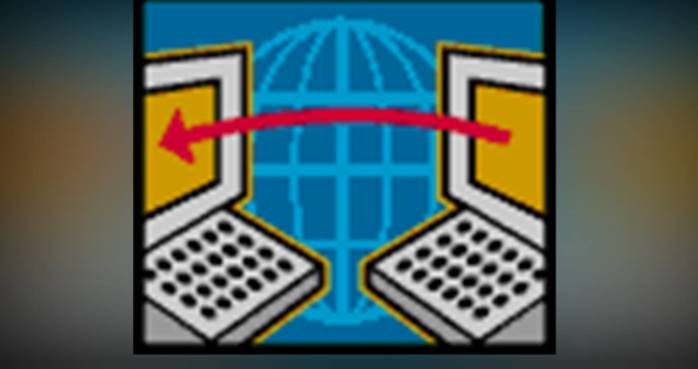- CHERYL G. CRUZ
Around 127,000 in online sexual abuse and exploitation of children (OSAEC) materials, both videos and photos, were blocked in the continuous campaign to ensure a safe online environment for minors in the Philippines.
Angel Redoble, first vice president and chief information security officer of PLDT, said that the Philippines’ largest fully integrated telecommunications company and Smart launched an aggressive campaign dedicated to fighting OSAEC, and use technology solutions to block access to domains and IP addresses found to be hosting OSAEC-related content.
Over 200 million in cyber-threats were detected and prevented from arriving in Philippine cyberspace, and close to 300 million cyber-attacks in all layers against the corporate infrastructure of PLDT prevented, he added in a virtual discussion Dec. 13.
In 2020, the company blocked 2,900 websites with online sexual abuse and exploitation of children content, and more than 12 billion attempts by subscribers to open compromised pages.

He added that about eight billion in phishing and scamming attempts were also prevented this year.
An average of 400 to 500 mobile phone numbers daily, found to be related to SMS hoax and spam, and 40 domains and IP addresses used by online scammers, were also blocked this year, Redoble said.
“This follows the recent sudden spike in reports of SMS spam, where mobile users received unsolicited but enticing messages from unfamiliar numbers that then led to an elaborate online phishing scam victimizing the mobile users,” he stressed.
Redoble said the first line of defense is awareness. “Recognizing a scam and its warning signs helps users stay one step ahead of digital fraudsters. With the rising threat of cybercrime activities, it is most important that we stay paranoid of suspicious emails, links, or text messages across all our communication channels”.
Meanwhile, in the latest Digital Inclusion Benchmark conducted by the World Benchmarking Alliance, PLDT ranked 12th out of 150 companies, joining global businesses like Apple, Cisco, Samsung, and Alphabet in the Top 15.
While being the sixth telco following Telefonica, Orange, Telstra, Deutsche Telekom and Telia, PLDT is the top ranked telco from Asia, excluding China, and the highest ranking company headquartered in a developing nation.
“We are proud to be ranked globally with the world’s biggest tech companies in promoting a more inclusive digital economy and society. We are encouraged to see that our efforts have been recognized and this recognition motivates us even more to pursue efforts to connect and empower Filipinos digitally,” Melissa Vergel de Dios, chief sustainability officer of PLDT, said.
From 100 companies in the first iteration, WBA shortlisted and ranked in the second Digital Inclusion Benchmark 150 most influential technology companies in the world on their efforts across four indicators – enhancing digital skills, fostering trustworthy use, innovating openly and ethically, and improving access to technology.
The WBA favorably noted the PLDT group’s initiatives on skills development where it ranked second among companies surveyed. The Infoteach Program, in partnership with the UP Open University, provides nationwide digital literacy training for students. The Digital Farmers Program trains small-scale Filipino farmers on using technology to improve harvest and market crops. The Smart Wireless Engineering Education Program, meanwhile, is the country’s longest-running industry-academe linkage helping to produce industry-ready graduates or technopreneurs. The School-in-a-Bag is a portable digital classroom that brings education to children in far-flung communities. These programs address narrowing of the digital divide and the inclusion of marginalized sectors.
The WBA recognized the company’s investments in its cybersecurity defenses. The alliance noted PLDT’s commitment to keeping a safer online space for its customers, particularly children, where the company has partnered with like-minded organizations to spread awareness on and curtail online abuse and exploitation of minors. — CGC




